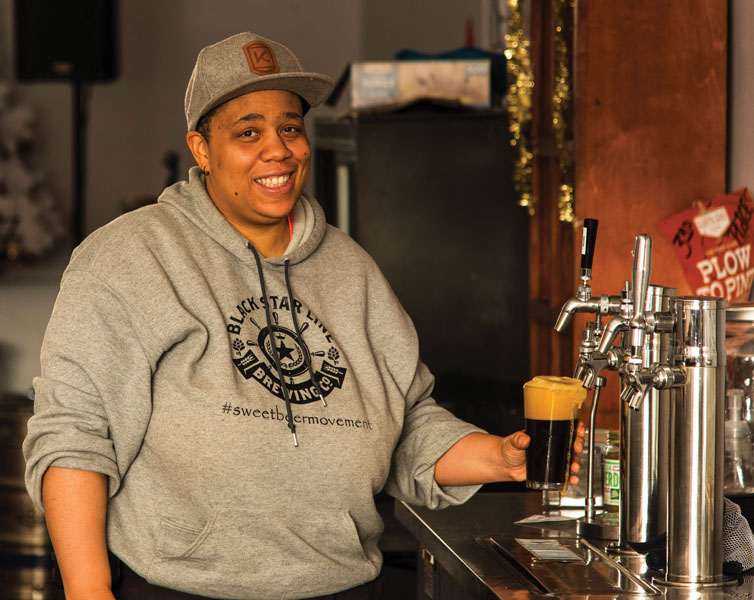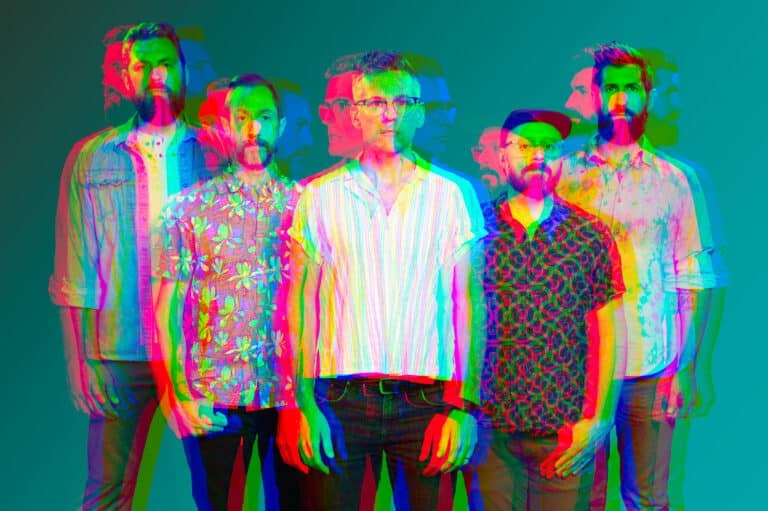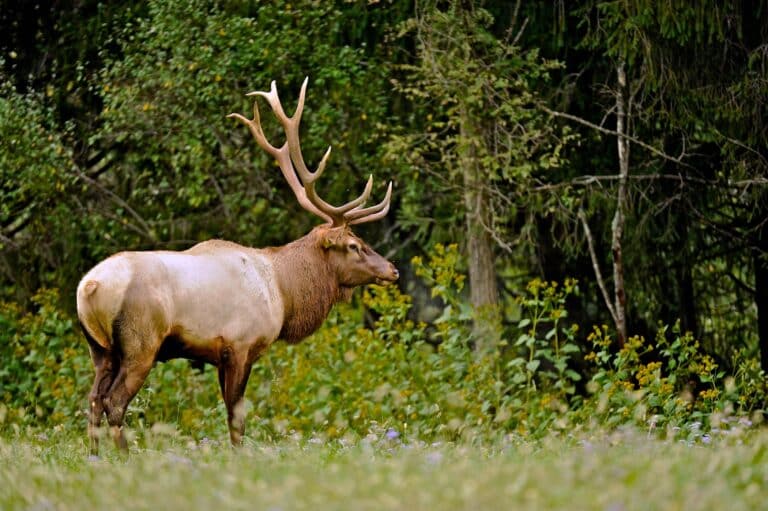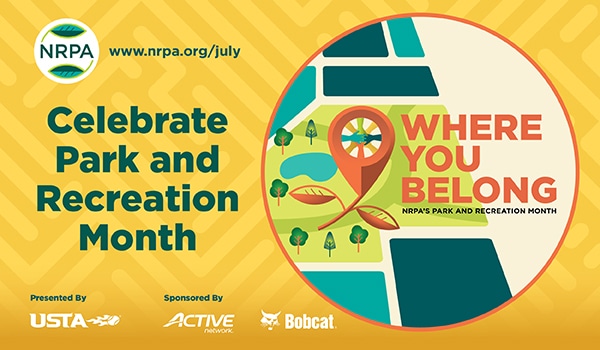Black Star Line Brewery, the first African-American-owned and woman-owned brewery in the South, celebrated its grand opening in Hendersonville, N.C., last fall. A week after the opening, the brewery received emails using the alias “Ni**er killer” that threatened the personal safety of employees. A day later, someone tampered with the electrical side of the brewery’s operations, jeopardizing beer production.
L.A. McCrae, the owner and founder, has not let the hate crimes stop her. And the regional craft beer community has rallied to support her. Sierra Nevada and Sanctuary Brewing stepped in to help repair her equipment, and dozens of craft brewers across the South have stood in solidarity with her. Though Black Star Line may move to a new location in Western North Carolina, McRae is setting out to transform a community, one beer at a time. And despite the recent attacks, Black Star Line has cultivated a vibrant community space where everyone belongs.
“It’s an unusual day that I’m here by myself,” explains McRae as she flips the stools on the bar to get ready for the day. “A group of us live together and spend all the time as a community: we cook, eat, and work together.”
McRae has introduced African techniques to beer making, which favor sweet flavors over hops and bitters. Hops are a relatively recent addition to the brewing tradition. Earlier fermenters relied on combinations of herbs and spices, resulting in pints that are sweeter than typical craft beer.
“As a person with direct African lineage, my ancestors brewed outdoors,” she explains. “The women in the Mesopotamia River Valley community trekked to the river to collect, bringing water back to villages where they combined herbs and spices and stewed it in a kettle, making the first meads, wine, and beer.”
McRae named the brewery Black Star Line after the steamship corporation established in 1919 by Marcus Garvey to further black economic independence. Some of the brews are named for activists like Stokely Carmichael and Audre Lorde, with the hope that they will generate interesting conversations and a deeper understanding of civil rights history.
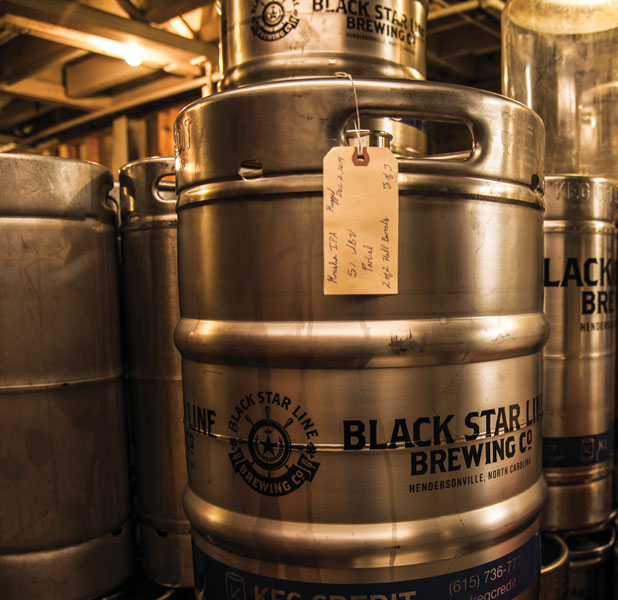
McRae grew up outside of Baltimore, Md., with a strong involvement in churches. “Church folks are amazing. They create a resilient community that non-churchgoers don’t have. My passion is community, and at my core, I’m a pastor.”
While living in Knoxville, McRae frequented breweries and taprooms, and she quickly realized that none of the establishments were owned by women or black people. That’s when she began incubating the idea of making great beer with a mission inspired by social justice.
During that time, her aunt and grandma told her stories of brewing dandelion beer out in the country. Her family used their limited resources to cultivate community around brewing.
Soon after, she moved to Lake Lure, N.C. where she lived on sixteen acres. Not knowing anything about grains or hops, she went outside and prayed, asking her ancestors for recipes. In the wilderness, ingredients and ways of combining them came to her and she wrote them down.
McRae brewed a few batches of beer, the first batch taking nineteen hours. “We had no clue what we were doing, but we were being in community and grounded by nature,” she says.
Now, whenever the Black Star Line staff go into a brewing cycle, they play Gospel music, and many of their conversations focus on spirit and energy.
Black Star Line will be developing and refining their line of botanical beers in the coming year, which will lean heavily on African tradition of using herbs and traditional grains like millet and maize for medicinal purposes. In addition, Black Star also plans on making other non-alcoholic beverages in the African style, including ginger beer and kombucha.
In light of the hate crimes, McRae has become even more committed to the vision that all people are welcome. And she is especially appreciative of all the outdoor enthusiasts who have come to the brewery to drink beer and offer words of support. Says Black Star Line’s operations manager Javier Naranjo, “Black Star provides a place for collective healing, where people can transcend painful narratives and move past trauma by connecting over a pint.”
